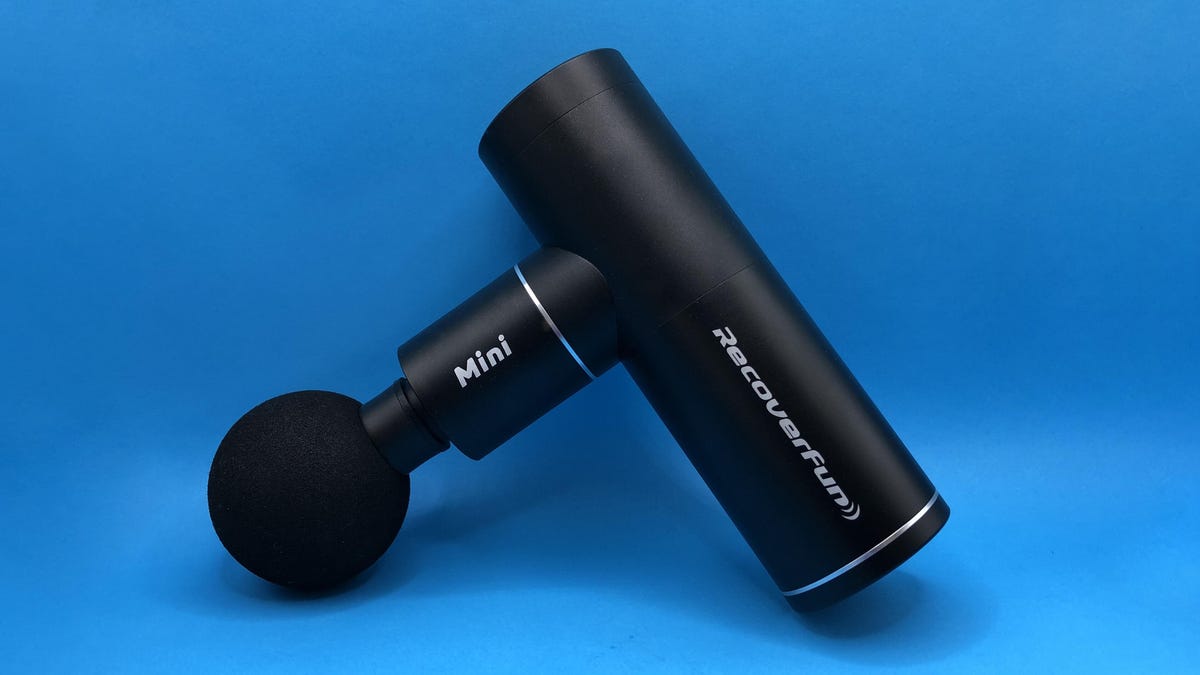Are data caps really necessary in 2024? That’s the question the Federal Communications Commission is asking in a formal inquiry that opened this week.
The FCC will examine the use of data caps and speed throttling for subscribers on lower-cost internet plans. The agency wants to understand why data caps are still being used “despite increased broadband needs” and “providers’ demonstrated technical ability to offer unlimited data plans.”
"During the pandemic, many fixed and mobile internet service providers refrained from enforcing or imposing data caps, suggesting that our networks have the capacity to meet consumer demand without these restrictions," FCC chairwoman Jessica Rosenworcel said.
The notice of inquiry cited an FCC report from 2021 that found that the “temporary suspension of data caps does not appear to have significantly affected fixed network performance” during the pandemic.
Yes, data caps are still a thing
Data caps have become rarer in recent years. The $42.5 billion Broadband Equity Access and Deployment (BEAD) program even required that any provider taking federal funds not impose data caps. However, some notable providers still charge fees or throttle your speeds when you exceed your monthly data allowance.
Xfinity and Cox both cap data usage at 1.2TB on most plans and charge $10 for every 50GB you go over. I’ve had a 1.2TB data cap with Xfinity for years, but living alone, I’ve never gone over it.
Mediacom's data caps range from 400GB to 2TB, while Rise Broadband’s go as low as 250GB on some plans. Satellite providers like Hughesnet and Viasat are also notorious for their stingy data caps, which range from 100 to 850 GB.
For context, an HD Zoom call uses about 1GB of data per hour, while an hour streaming Netflix in HD uses 3GB. Recent findings in an OpenVault report from the second quarter of 2024 found that the average US household uses 586GB of data each month, up from 534GB in the same quarter of 2023.
You can find out if your internet provider has a data cap by signing into your account and looking at your plan's broadband consumer label, which the FCC began requiring earlier this year.
The FCC faces legal hurdles to ending data caps
The notice of inquiry says that the FCC will look at “current trends in consumer data usage, the impact of data caps on consumers, consumers’ experience with data caps, how consumers are informed about data caps on service offerings, the impact of data caps on competition” and whether the FCC has the legal authority to regulate data caps.
Some of this has already been happening. The FCC first began looking into data caps in 2023, when it explored whether it had the authority to limit data caps without passing new laws. At the time, it seemed there were few legal pathways to doing so, but the new notice of inquiry identifies a few options.
The commission also asked consumers to share their accounts of how data caps have affected them. More than 600 such comments were published this week. You can still share your experience with data caps here.
But with just a few weeks before the election, it’s fair to ask how gung-ho a Republican-led FCC would be to pursue this kind of market regulation. The FCC consists of five commissioners appointed by the president and confirmed by the Senate for five-year terms; the president designates one of the commissioners as chairperson.
In a dissenting statement, Republican commissioner Brendan Carr strongly pushed back on the inquiry’s legality. “I cannot support the Biden-Harris Administration’s inexorable march towards rate regulation,” he wrote. “Because the FCC plainly does not have the legal authority to do so.”
Nathan Simington, the other Republican FCC commissioner, used a coffee analogy for his dissent.
“Suppose we were a different FCC, the Federal Coffee Commission,” he wrote, asking what would happen if free refills were permitted. “I predict three things could happen: either cafés stop serving small coffees, or cafés charge a lot more for small coffees or cafés charge a little more for all coffees.”
Coffee may be a precious part of many of our routines, but broadband access is clearly now a vital public utility on par with electricity and water. There is merit to having some discernment on this issue, but it also shouldn’t be dismissed.




:quality(85):upscale()/2024/10/29/625/n/1922564/ec222ac66720ea653c5af3.84880814_.jpg)
:quality(85):upscale()/2024/10/25/846/n/49351082/bfc0fdb3671bef086c3703.42134063_.jpg)
:quality(85):upscale()/2021/07/06/971/n/1922153/7d765d9b60e4d6de38e888.19462749_.png)
:quality(85):upscale()/2024/10/29/957/n/1922441/c62aba6367215ab0493352.74567072_.jpg)
:quality(85):upscale()/2024/10/29/987/n/49351082/3e0e51c1672164bfe300c1.01385001_.jpg)
 English (US) ·
English (US) ·